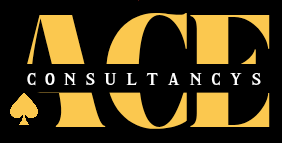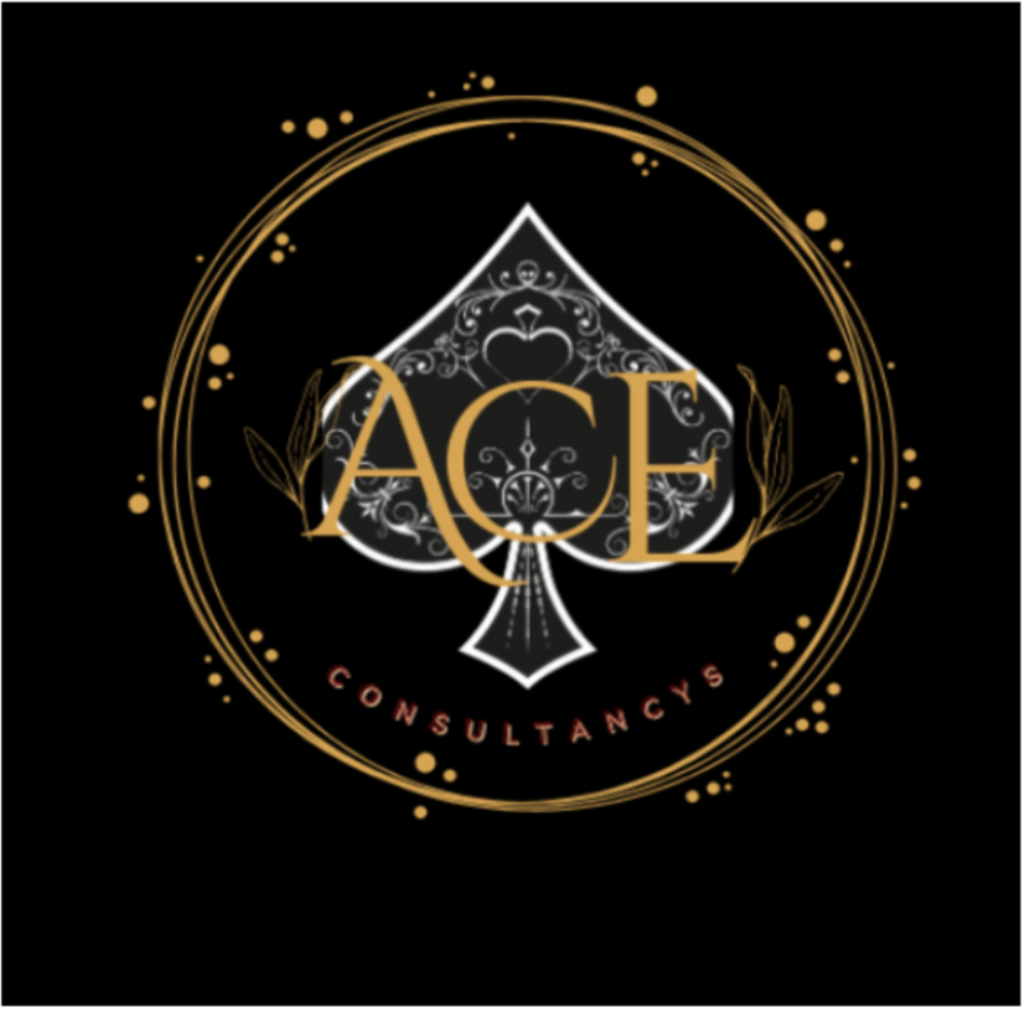In the complex world of digital marketing, things change quickly. The goal is to grab attention and also to drive growth. There are many tactics you can use, and Pay-Per-Click advertising, or PPC, is one of them. Each click driven from a PPC campaign potentially translates to increased sales and visibility for a company. This article aims to provide an in-depth examination of PPC advertising through a lens of both conceptual details and applied strategies & practices. The aim is to understand how to get targeted traffic and to find impactful results.
Understanding PPC
Pay-per-click (PPC) advertising plays an integral role in digital marketing by directly connecting brands with their target audiences while promoting site conversions. Let us now explore PPC advertising further by shedding light on its basic concept and functionality.
At its core, PPC is a form of online advertising wherein advertisers pay each time a user clicks on their ad. This payment model helps ads stand out prominently on search engine result pages as well as social media platforms by displaying ads to users searching keywords or phrases relevant to a business. The fundamental idea revolves around bidding on important keywords for a company so that when someone searches those keywords, their ad will appear. If a user then clicks the ad, the advertiser pays the predetermined cost. The overarching goal is to drive useful traffic to a website in order to increase lead generation and sales opportunities while simultaneously boosting brand visibility and awareness. Thus, executing an effective PPC strategy can greatly complement overall digital marketing and business objectives.
Developing Strategy for PPC in Digital Marketing
Mastering these strategic components allows crafting high-impact yet refined PPC initiatives poised for ongoing enhancement!
- Keyword Research
Thorough keyword research is required to identify relevant search terms related to your products or services. Google Keyword Planner or Ahrefs may assist in getting relevant keywords for your business.
- Compelling Ad Copy
Compelling ad copy that grabs attention through engaging headlines and highlights benefits in body text. The goal is to entice the audience to click and explore the site further.
- Landing Page Optimization
Do a landing page optimization to make sure your page is appealing with visuals so pages match expectations, feature calls to action, and provide seamless experiences. Designing landing pages is as critical as captivating ads to meet promises smoothly.
- A/B Testing
Running A/B tests on various ad elements, keywords, and pages to determine highest performing combinations helps to identify what resonates with the audience.
- Conversion Tracking
Implement conversion tracking to measure lead generation and sales attributed to efforts for data-driven optimizations.
- Setting Budgets
Setting appropriate budgets aligned with goals is essential, along with monitoring your spending regularly.
- Tracking and Measurement
Continuous tracking and measurement of campaign performance, enabling refinements over time. Tweak your performance as and when necessary for optimal results.
Best Practices for PPC in Digital Marketing
To maximize your campaigns’ effectiveness, implement the best practices given below:
Relevance is Key
Maintain high relevance between ads, keywords, and landing pages improves Quality Score, positioning, and costs.
Budget Wisely
Budget wisely through clear budgets, regular reviews, and adjustments to flexibly invest where conversions yield the highest returns.
Strong Call-to-Action
Use compelling calls-to-action nudging users towards specific actions like “Shop Now” to meaningfully impact conversion rates.
Stay Informed About Trends
Stay informed of constantly evolving digital marketing trends to keep strategies relevant and effective over time.
Adhere to Platform Rules
Familiarize yourself with each platform’s unique guidelines, adhering to rules to avoid issues while building reputation over the long run.

Measuring PPC Success
Closely monitoring these metrics enables fine-tuning strategies through optimizations. Optimization ensures maximum impact by understanding what resonates and drives outcomes. Data-driven insights are vital for continuous PPC campaign enhancement.
- Clickthrough Rate (CTR) – It measures the percentage of users clicking on ads, indicating the relevance of your ad to the target audience.
- Cost per Click (CPC) – It is the cost for each click, which aids budget management and keyword efficiency assessments.
- Conversion Rate – It is the percentage of users completing desired actions like purchases, and shows targeting and landing page effectiveness.
- Return on Ad Spend (ROAS) – It calculates the revenue generated per dollar spent and is a direct profitability measure.
- Quality Score (Google Ads metric) – It does the relevance and quality evaluation of keywords, ads, and pages. Higher scores lower costs and improve placement.
Conclusion
To excel in PPC in digital marketing requires some tricks of the trade. You need to be strategic with your approach, and in-depth research is essential, too. You should also keep optimizing what you do and understanding the basics so you can solidify your strategy. Best practices are important to follow as well. Keep measuring how well you perform, too. That way, you can tap into the power of PPC effectively. It helps drive targeted traffic to where it needs to go and can generate leads significantly. Success doesn’t come easy with PPC, you need to be creative, and have to analyse data efficiently. It’s also crucial that you deeply understand what your target audience wants. So go ahead and plunge into the world of PPC! Connect with us and watch how it makes all of your digital marketing attempts thrive.
FAQ
PPC (Pay-Per-Click) is a digital advertising model where advertisers pay each time a user clicks on their ad.
Ads are displayed on platforms like Google or social media, and advertisers bid on keywords relevant to their business.
It drives targeted traffic, increases visibility, and delivers quick results for businesses.
Yes, PPC can be highly cost-effective when properly managed, even with small budgets.










